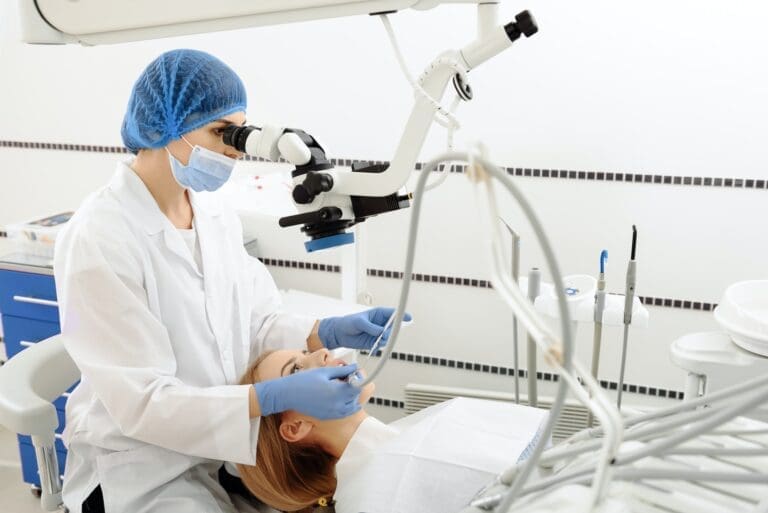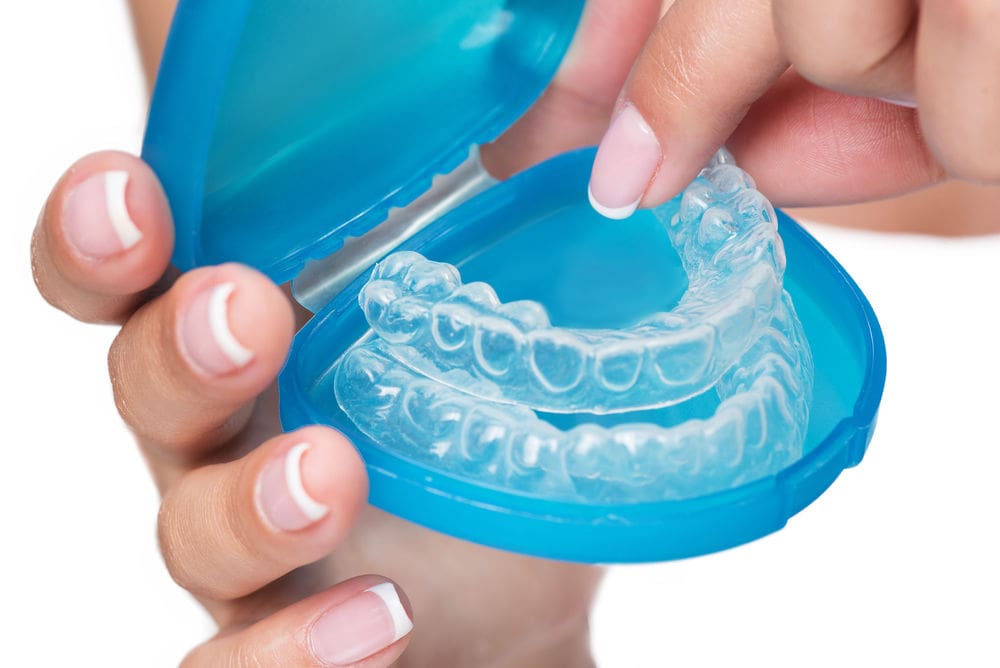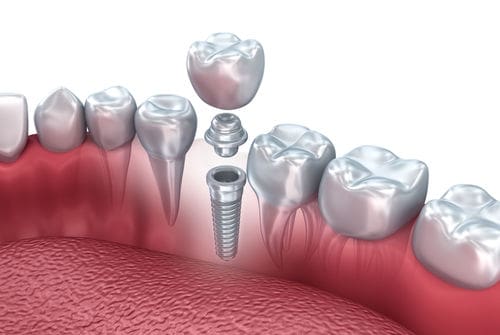Tooth loss can significantly impact our oral health, daily functionalities, and self-confidence. Although traditional tooth replacement options like dentures and dental bridges provide some relief, they may not offer the same level of comfort, stability, and longevity as dental implants. As a revolutionary development in restorative dentistry, dental implants have changed the landscape of tooth replacement by offering a long-lasting, durable, and natural-looking solution for those missing one or more teeth.
Dental implants are titanium posts that serve as artificial tooth roots surgically placed into the jawbone. Over time, these posts fuse with the jawbone through a process called osseointegration, creating a strong foundation for the placement of a dental crown, bridge, or denture. Dental implants closely replicate the natural structure and function of real teeth, providing exceptional stability, support, and aesthetics.
In the following sections, we will delve into the intricacies of dental implants, from the surgical process and types of implants available to the numerous benefits associated with this restorative treatment. By understanding the ins and outs of dental implants, you can make an informed decision about your oral care and rediscover the joy of a complete, beautiful smile.
The Dental Implant Procedure
The dental implant process typically consists of several stages performed over several months to ensure the implant’s successful placement, healing, and integration:
1. Initial Consultation and Treatment Planning: During your initial appointment, your dentist will conduct a comprehensive examination of your overall oral health, take dental X-rays, and discuss your medical history to determine if dental implants are an appropriate solution for your needs.
2. Bone Grafting (If Necessary): Some patients may require bone grafting to strengthen the jawbone before implant placement, ensuring a solid foundation for the implant. This process typically involves placing a bone graft material at the designated site to stimulate bone growth and may require several months of healing.
3. Implant Placement Surgery: Once your jawbone is strong enough, your dentist will surgically place the titanium implant into the jawbone at the site of the missing tooth. This procedure is usually performed under local anesthesia or sedation to ensure comfort throughout the process.
4. Osseointegration: During the next few months, the implant will fuse with your jawbone during the osseointegration process, creating a sturdy foundation for the restoration.
5. Abutment Placement: Once the implant has successfully integrated with your jawbone, your dentist will attach a small connector called an abutment to the top of the implant. This piece will secure the dental restoration in place.
6. Restoration Attachment: The final step involves crafting a custom dental crown, bridge, or denture that will be attached to the abutment. Your dentist will take impressions to ensure a precise fit and design the restoration to blend seamlessly with your surrounding teeth.
Types of Dental Implants
Dental implants can be tailored to suit an individual’s unique needs and preferences:
1. Single-Tooth Implants: For patients missing a single tooth, a single dental implant can be placed, topped with a custom-made dental crown, to replace the missing tooth’s visible portion.
2. Multiple-Tooth Implants: If you’re missing several teeth in a row, your dentist may recommend placing multiple implants to support a dental bridge or a partial denture, providing a stable and aesthetic solution.
3. Full Arch Replacement: For patients missing an entire arch of teeth, implant-supported dentures can be used to replace the full arch, offering significant advantages over traditional dentures in terms of stability, function, and aesthetics.
Benefits of Dental Implants
Dental implants offer numerous advantages over traditional tooth replacement options, such as dentures and dental bridges:
1. Improved Functionality: Because dental implants effectively replace both the tooth root and crown, they provide unparalleled stability, allowing patients to chew, speak, and smile with confidence and ease.
2. Natural Appearance: Implant restorations are meticulously crafted to match the color, shape, and size of the surrounding teeth, providing a natural-looking and seamless appearance.
3. Enhanced Bone Health: Dental implants help to stimulate the jawbone in a way that traditional tooth replacement methods cannot, preventing bone atrophy and preserving the natural facial structure.
4. Durability: With proper care and maintenance, dental implants can last a lifetime, offering a long-lasting solution for tooth loss.
5. Better Oral Hygiene: Unlike dental bridges that require specialized cleaning techniques or dentures that typically need messy adhesives and nightly removal, dental implants can be cared for like natural teeth, with regular brushing, flossing, and routine dental check-ups.
6. Improved Self-Esteem: By restoring function, appearance, and overall oral health, dental implants help to boost patients’ self-esteem and confidence.
Caring for Your Dental Implants
Maintaining proper oral hygiene practices is crucial for ensuring the health and longevity of dental implants:
1. Regular Brushing and Flossing: Clean your dental implants just as you would your natural teeth, brushing at least twice a day and flossing daily to remove plaque build-up and prevent gum disease.
2. Use of Specialized Dental Tools: Interdental brushes or water flossers can be helpful in cleaning around the dental implant and abutment, ensuring optimal gum health.
3. Regular Dental Check-Ups: Schedule routine dental check-ups and cleanings to help maintain the health of your dental implant and surrounding teeth.
4. Avoiding Damaging Habits: Refrain from using your dental implant to open packages, crack nuts, or chew on hard objects, as these actions may cause damage to the restoration.
Conclusion
Dental implants offer a revolutionary option for tooth replacement, restoring the beauty of your smile as well as functionality and overall oral health. Understanding the process, types, and benefits of dental implants can empower you to make informed decisions about your dental care and embrace a journey toward a more radiant smile.
At Liberia Dental Care, our team of experienced dental professionals is committed to helping patients restore their smiles using cutting-edge Dental Implants in Manassas, VA. Schedule a consultation with us today to find out if dental implants are the right choice for your individual needs and embark on the path towards a more confident and healthier smile.









